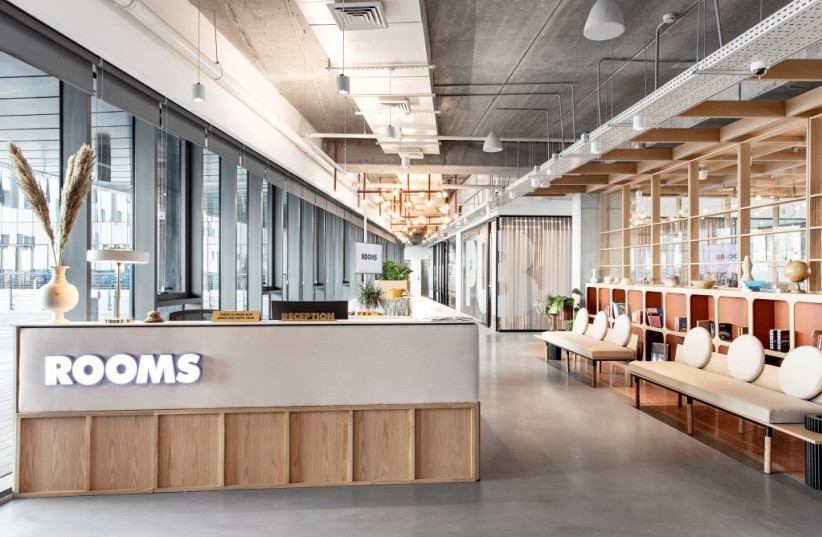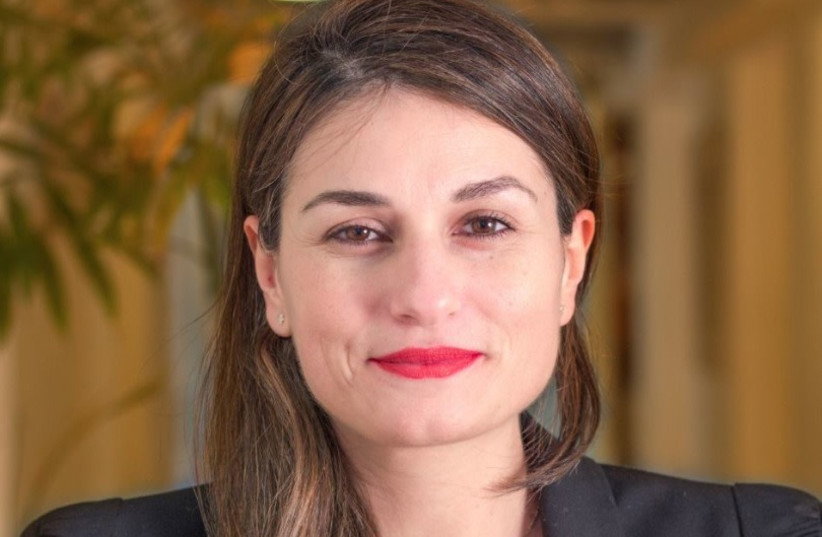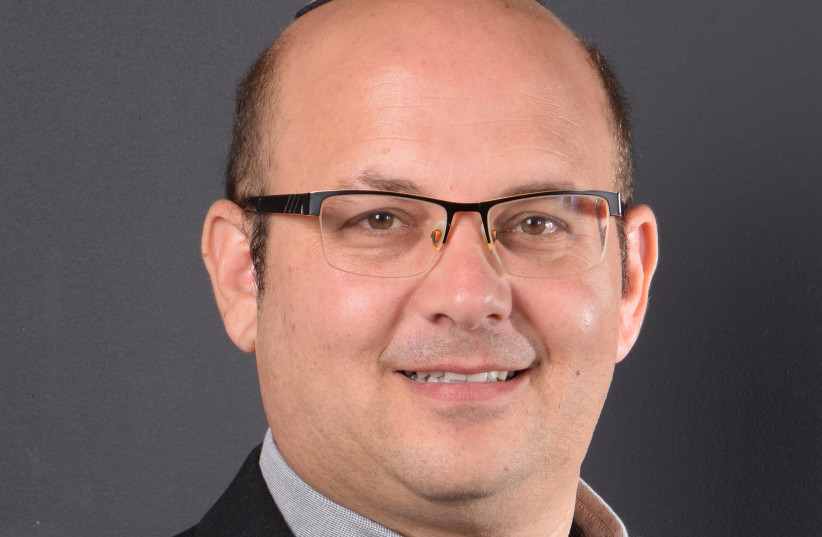Something exciting is happening in Modi’in, a city of 100,000 located between Jerusalem and Tel Aviv.
Once seen as a sleepy town conveniently located between Israel’s two largest cities, the suburb is starting to emerge as a hi-tech and employment hub of its own.
“For most of its history, there was not enough office space in Modi’in to make it an option for companies,” said Zeev Schumacher, CEO of Schumacher Realty, which focuses on properties in the city and the adjoining Maccabim-Re’ut town. “What changed in the past few years was the creation of two new industrial zones with office space. The opening last year of the new business center in the heart of the city, with five office buildings right next to the train station and just off highways 1 and 6 gave the city a big boost.”
Built in the 1990s and branded as “the city of the future,” Modi’in is finding its place in the Start-Up Nation. The city ranked 10th in Israel this summer on StartupBlink’s annual Start-up Ecosystem list, and 627 worldwide, for tech ecosystem size, quality, and ease of doing business.
Among the companies that have made the city their home are drone management system provider Percepto, consumer lending and “buy now pay later” company Jifiti, laboratory diagnostics instruments provider Rhenium Medical, remote work tools developer Harmon.ie, business software consultants Entrypoint, video analytics provider Briefcam, and others.

Rooms, a co-working space that opened last year in the central Mar business district, has already seen its clientele change significantly in a short span of time.
“When we opened last November, during a hard part of the coronavirus pandemic, we mainly had a few self-employed people here,” said Yuval Ratsabi, manager of Rooms Modi’in.
“People were largely working from home at the time, and we catered to people who wanted to see people and work out of the home. But now, we have mostly start-ups. We also have offices for companies that are based in Tel Aviv but wanted to offer a workspace for people to stay local without traveling into the city every day. When I saw that companies were renting space here specifically for local residents, there was a ‘wow’ moment as I realized that Modi’in is on the map.”

Rooms Modi’in is part of a new work ecosystem concept by Fattal, offering first-class shared office spaces in Tel Aviv, Bnei Brak, and Ra’anana as well as Modi’in. Its central location in Modi’in is part of the reason for its success, said Ratsabi.
“The new Mar center just became active in the last few months, and it looks like a mini-Rothschild Boulevard from Tel Aviv, with businesses, restaurants, coffee houses and shopping,” she said. “We are a few minutes from the train station, and just 1.5 km. from the Shilat Junction, with access from Highway 1, Highway 6, Route 431, and Route 443.”
Modi’in also benefits from a young and highly educated population, and ranks ninth in the country on the socioeconomic scale. It has a large English-speaking population, Shumacher said, with 35% of the Shvatim and Moriah (formerly Buchman) neighborhoods and 25% of the Avnei Chen (Kaiser) community being immigrants from English-speaking countries.

“In some places around town, all you hear is English,” said Shumacher.
In addition, Modi’in’s location makes it easy to hire workers from within the city or from Jerusalem, where salaries can be lower, according to Shumacher. Parking is easier at Modi’in’s business center than in Jerusalem’s Har Hotzvim technology park, and access to the airport is also easy.
That the city will be connected to Jerusalem by train within the coming year, along with its Tel Aviv route, will lead to continued growth in the future, Shumacher said.
“This scene will be growing more and more in the coming years,” Ratsabi said. “It is very exciting to be a part of this.”
